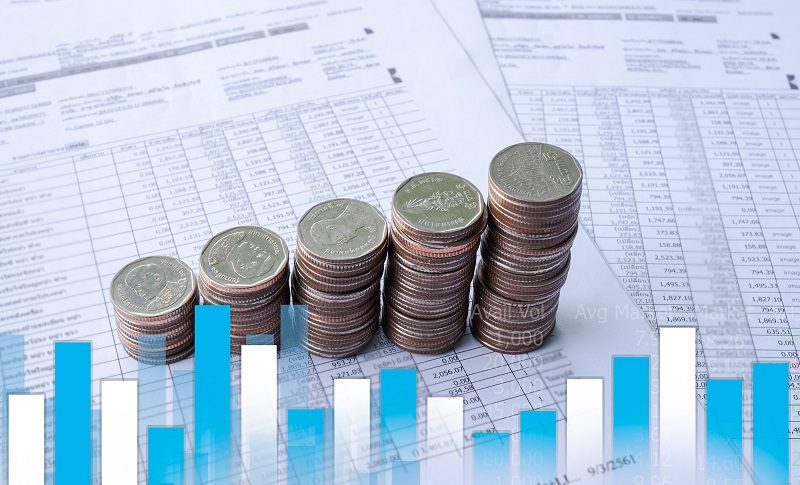Trading Psychology: Are Stop Losses Just a Mental Tool?
Open any trading book and one of the first rules of thumb that you will find is that you must set a stop loss on every trade.

Open any trading book and one of the first rules of thumb that you will find is that you must set a stop loss on every trade.
Cut your losers short and let your winners run right?
I think we’ve all heard that. Today I’m going to suggest that using a stop loss, might not be the most optimal way to trade. In fact, it could be argued that a stop loss is simply a psychological tool and not one that will help boost your trading account.
Last week I wrote a little bit about Identifying your Trading Goals. Hopefully, this will get you thinking some more about what you are trying to achieve.
Mental Tool
One of the hardest aspects of trading is not always taking your losses. But rather letting your winners go on find their profit targets. That’s the predefined exit point you had outlined in your trading plan.
However, I know from my personal experience that the most gut-wrenching moment is when a trade gets close to your profit target or exit criteria, only for it to come back and you end up taking a loss.
As such, one of the most common ways to minimize this is to scale out of trades. For example, you might take a short, sharp profit on half your position, while letting the rest of the position run along for a potential bigger win.
The first thing I would say is that this strategy is mathematically flawed. You are effectively taking a loss on your full size while not always capitalizing on the winners when they occur.
So I would theorize that the major reason to scale out of trades is so that you don’t take the psychological loss, more than the financial. That way you can live to fight another day and continue trading.
I actually don’t think that’s bad advice at all. But mathematically you are probably doing your trading a disservice.
That said there are times when scaling out (and scaling in) are effective. I think when you are trading a strategy or products that have a high probability of success. Such as mean-reversion or spread trading type strategies. Then scaling might be the most effective play here. In these instances, it is about managing your risk.
However, when we are doing low probability or trend trading type strategies, this is a tougher proposition.
Stop Losses Hurt Your Results
Famed traders and researchers, Larry Connors and Cesar Alvarez have done thousands of tests looking for the optimum stop loss level. Many of which are outlined in their trading books. They’ve tested more than eight million trades going all the way back to 1995 with just a simple pullback strategy.
They tested the same strategy with stop levels of 1%, 3%, 5%, 7%, 10%, 25%, and 50%. They found that regardless of the stop loss level, their results were worse when they used a stop loss.
However, when we are looking at the numbers we are analysing total returns. So using a stop loss clearly hurts your overall returns. So if you want to achieve better results you should not be using a stop loss. But I also guess that depends on how you measure success. Total return is only one metric. Perhaps a better measurement might be total return divided by maximum drawdown.
Practical Thoughts
Regardless of what these quick pieces of analysis might suggest, I don’t think anyone would think that having no stop loss is a good idea.
Especially for new traders who have a tendency to hope a pray that their losing trades will come back to break even. I’m simply suggesting that using a stop loss is not necessarily the most optimal way to be trading if you’re looking to maximize your profits.
In a practical sense, you should always be protecting your accounts. So a stop loss is a good way to do that.
You could also consider using more diversification. By that, I mean trading more uncorrelated products.
Or simply reducing your position sizing so you’re not putting your account at risk.
Regardless of your thoughts, I think the main goal is to always live to fight another day. Never risk your account on a single trade. You can always come back tomorrow.
Let me know your thoughts on using stop loss orders. Do you think I’m crazy? I would love to hear your thoughts.
- Check out our free forex signals
- Follow the top economic events on FX Leaders economic calendar
- Trade better, discover more Forex Trading Strategies
- Open a FREE Trading Account



